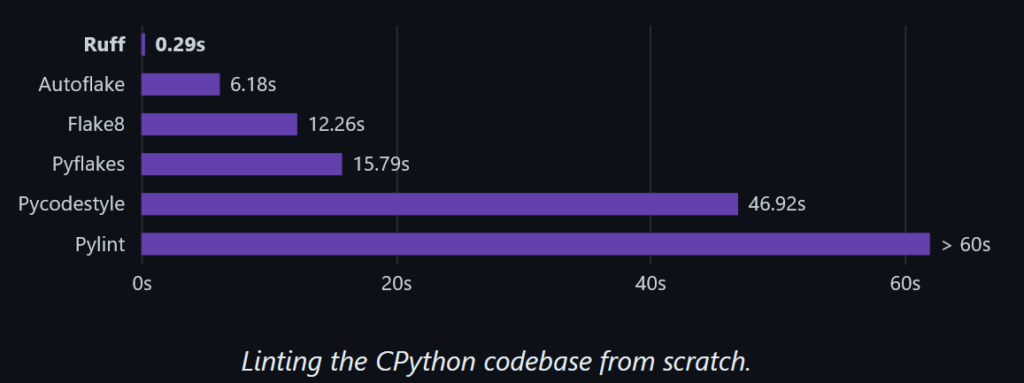As written before, I really like the regular updates provided by Thoughtworks in their Technology Radar. My focus is on the applicability of techniques, tools, platforms and languages for automotive software, with a further focus on embedded in-car software. Hence, I am ignoring pure web-development and machine learning/data analytics stuff which usually makes a huge portion of the whole report. Recently, its volume 29 has been published. Let’s have a look!
In the techniques sector, the topic lightweight approach to RFCs has made it to the adopt area, meaning there is a strong recommendation to apply it. During my time at MBition, Berlin, I became exposed to a talk by Paul Adams on YouTube via my colleague Johan Thelin, which Paul later also gave during an all-hands event of our project:
Hence, the RFC thing very well resonates with me. It has been my style of creating documents about strategies, concepts, plans and very early requesting feedback from peers to check if the general direction is correct, and to finalize it later. Much what software engineers are used to do in Pull Requests, such scheme can and should be applied to more areas in a systematic manner. Architecture is one obvious area, but it can also be applied in many other areas. Confluence and similar collaboration platforms offer great inline commenting capabilities to discuss about any controversial aspects of a document and sort them out.
2.5 years ago I wrote about Dependency updates with Renovate. In the blip automatic merging of dependency update PRs the authors argue in favor of automatic merging of bot-generated dependency-updates. What can I say, makes total sense. Till today I have manually merged the pull requests created by the bot, but now I just let it automatically do that – of course only after a successful pipeline run. With renovate its as simple as adding "automerge": true to the renovate.json in each repo.
In tracking health over debt the authors describe a notion to focus more on the health of a sw system than tracking its (technical) debt. Its a worthwile approach, since focussing on debt means tracking an often ever-growing list. In my experience, some debt often gets obsolete, and some debt which was fiercely discussed when it was “implemented” later is turning out significantly worse or better. Instead, tracking the health of the system as primary measure where to act at any time may yield better results in the overall long game.
In the tools sector, Ruff is recommended as a successor to the famous Python linter Flake8. Implemented in Rust, it seems to offer superior performance while still providing similar rule coverage:

A quite untypical entry (at least to my knowledge) is the mention of DevEx 360, a survey tool focussed on identifying impediments and potential improvements among the dev team.
Our platform engineering teams have used DX DevEx 360 successfully to understand developer sentiment and identify friction points to inform the platform roadmap. Unlike similar tools, with DX DevEx 360 we’ve received a response rate of 90% or above, often with detailed comments from developers on problems and ideas for improvements. We also appreciate that the tool makes results transparent to engineers in the company instead of just managers and that it enables team-by-team breakdown to enable continuous improvement for each team’s context.
https://www.thoughtworks.com/de-de/radar/tools/summary/dx-devex-360
This was it already for “my” scope of the tech radar. This time around, the tech radar contained a looot of new entries and updates in the AI area, around GPT and LLMs. Certainly interesting, but nothing I have much experience and applications (yet).